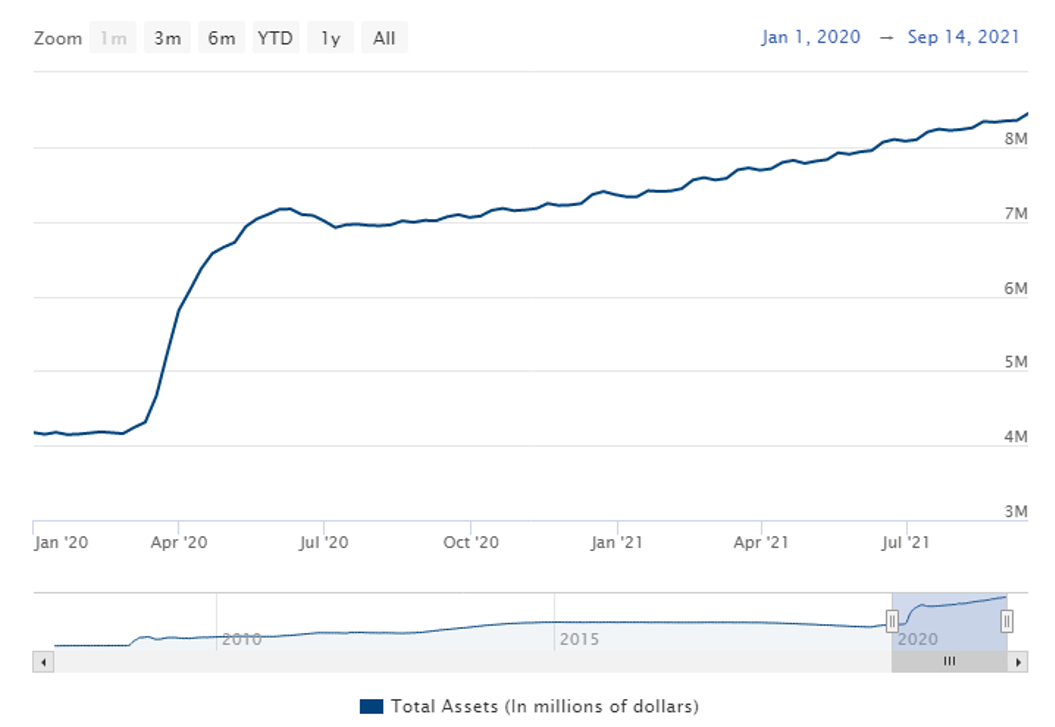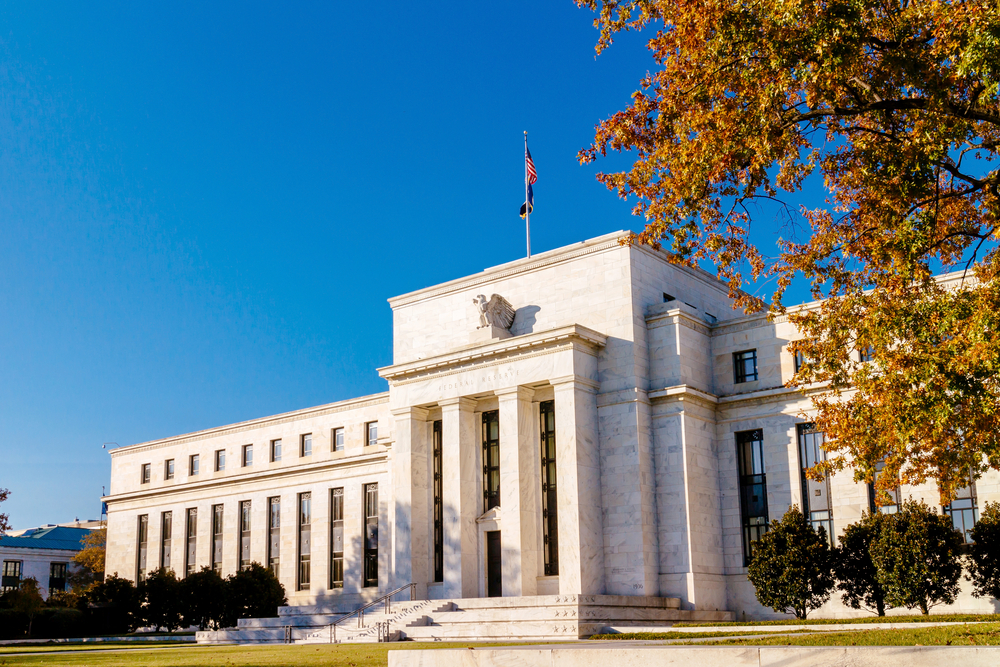FOMC is expected to reduce asset purchases
Financial markets are focused on the US and pressure on the Federal Open Market Committee started to rise due to the increase in inflation expectations.
Despite the decision of the Organization of Petroleum Exporting Countries (OPEC) to increase production, the main determinant of the annual increase in commodity prices is crude oil, which maintains its high levels in international markets. With the increase in durable goods, housing and automotive sectors as a result of monetary and fiscal expansions, domestic demand and base effect also rise. In addition to the current account deficit in the world's largest economy fueled by domestic demand, there are risks about the inflation outlook and the growing budget deficit due to strong subdies provided by the Congress.
In addition, recovery in the labor market continues. According to the data announced by the Department of Labor in September, although nonfarm payrolls lost some momentum, jobless claims were at the lowest levels of the pandemic period.
At this point, the decreasing number of cases in the USA, which continued to decline after the 4th wave, and the immunization of more than 55 percent of the US population are significant factors along with the full vaccination rate exceeding 180 million.
To sum up, although downside risks continue, the decline in the number of cases and the high vaccination rate will be a relief for the Fed, and it seems inevitable that the accounts of September meeting to be announced on Wednesday at 20:00 (GMT+2) will give a clear signal of a decrease in asset purchases due to the high levels of inflation and inflation expectations.
In the Economic Projections Report to be published subsequently, the Committee's expectations for future interest, growth, inflation and unemployment will be followed in terms of asset prices. Fed Chair Powell, who will talk to the press at 20.30 (GMT+2), is expected to comment on tapering process.





